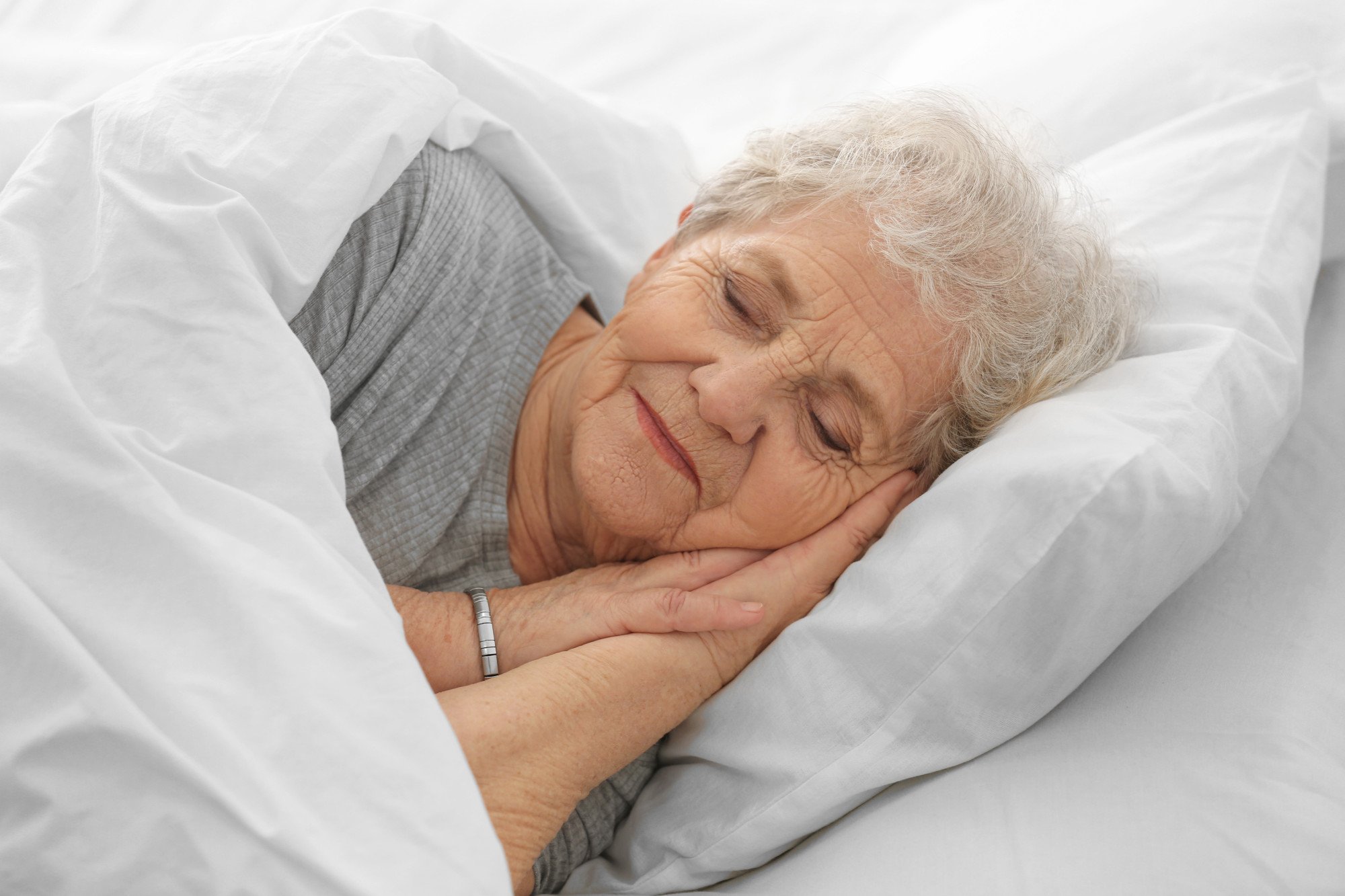You see your oldest running around the house, acting like a young soul. He’s cooking, cleaning, playing with friends, and on the go all day.
You also notice an elderly person in your life acting strangely. They can’t seem to stay awake. You’re used to your 80-year-old matriarch going to bed early, but your mother-in-law is usually chipper in the morning.
You know the elderly person sleeping a lot is a cause for concern. But what’s going on? Why do elders sleep a lot, and what can you do about it?
Read on and find the answers.
Impact of Pre-Existing Medical Conditions
Elderly people already have a higher risk of health issues such as heart disease, diabetes, cancer, and dementia. Therefore, if an elderly person is sleeping a lot, this could be a sign of an undiagnosed medical condition.
For example, depression or high blood pressure could be causing the excessive sleep. If an elderly person has mobility issues or pain, this could contribute to more sleep.
It is important to discuss their sleeping habits with a healthcare provider. They will be able to assess if any pre-existing conditions are causing or contributing to the excessive sleep.
Declining Physical Activity Levels
As a person ages, their physical stamina often decreases. As such, they may find that they need a greater amount of sleep to recuperate from daily activities. This can result in them sleeping more than the recommended hours for a normal adult.
Furthermore, with aging, physical activity levels naturally decline. As a result, it may take the elderly person more effort to complete everyday activities, including getting out of bed.
This should alert caregivers, especially those in senior care, that it may be time for the elderly to engage in external physical activity programs to help maintain their activity levels.
Medication Side Effects
Medication side effects are a common culprit, as the elderly are taking more medications than other age groups. Anything from blood pressure medications to sedatives and antidepressants can affect how a person sleeps. This is especially true if conflicting medications are being used.
The elderly person should meet with their doctor to discuss their current medications and see if they could be the cause for their increased sleep. If the side effects are severe enough, the doctor may have to adjust the medication or switch to a less powerful one.
Environmental Factors
Environmental factors can play a significant role when an elderly person sleeps a lot. Certain environmental factors can inhibit optimal sleep quality, leading to excessive sleepiness during the day, such as:
- noise and light pollution
- poorly insulated room
- inadequate mattress
They are also at increased risk of responding to stressors, which can further contribute to extreme fatigue and increased sleepiness. This can also be indicative of a variety of issues related to their quality of life. If it is being caused by boredom, getting them involved in activities and social activities could improve their quality of life.
There are professional care services such as this home health care linked here. They can help with improving an elderly’s quality of life. Contact them and learn more about their services.
Consult a Professional for an Elderly Person Sleeping a Lot
Therefore, if you notice an elderly person sleeping a lot, it can indicate a range of issues. Talk to a doctor or other healthcare professional to help determine the cause and develop a treatment plan.
Don’t wait. Act now to ensure the well-being of the senior.
Need more insight into other topics? Check out the rest of our blog page.




